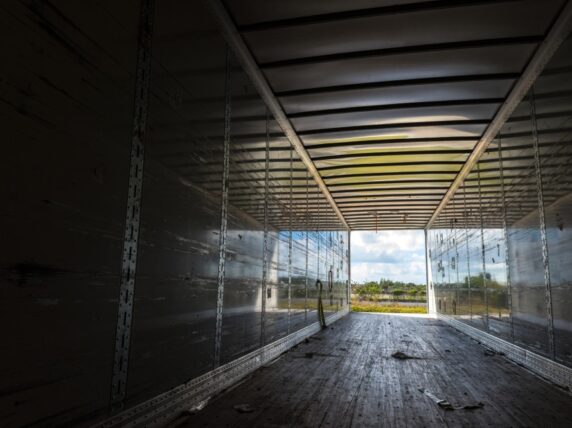6 policy changes we want to see this year
2019 looks like it might be quite busy.
Not only is the UK due to the leave the European Union in March – and everything that entails for development and NGOs – the UK is also publishing its Voluntary National Review on progress made on the SDGs.
Bond will be continuing to work hard, advocating on behalf of members and enabling them to continue to support the world’s poorest people. Here are six areas we’ll be working on this year and some of the policy changes we’d like to see.
A strategy for delivering the SDGs
In 2019, we want to see the UK government work with civil society to create and implement a strategy for delivering the Sustainable Development Goals internationally. Coming on the back of a transparent and inclusive UN Voluntary National Review in July, the implementation plan should include a timeline, a budget and concrete actions to ensure the economic, social and environmental changes necessary to achieve the SDGs by 2030.
Bond will be playing our part by working with our SDGs Working Group and others on pulling together a comprehensive review of where we believe the UK is in meeting our commitment to the SDGs. We’ll also be supporting government departments to engage in the process.
Aid spent on the world’s poorest
This year we want to see a much clearer commitment to UK aid being spent on the furthest behind first. Although DFID has the highest rating of accountability on spending aid, a growing share of the money is being spent by other departments such as the Foreign and Commonwealth Office and the Department for Business, Energy and Industrial Strategy. We believe these departments aren’t always targeting aid to work in the most effective way, and it’s something we’re hoping to change next year.
Subscribe to our newsletter
Our weekly email newsletter, Network News, is an indispensable weekly digest of the latest updates on funding, jobs, resources, news and learning opportunities in the international development sector.
Get Network NewsA key moment for us in 2019 will be the Comprehensive Spending Review, when we will make the case that DFID should keep control of UK aid spending unless other departments demonstrate the same level of commitment to supporting the world’s poorest.
Championing Leave No One Behind
We believe the UK should make Leave No One Behind a core part of plans for Global Britain. We not only want concrete steps taken to deliver on existing commitments, but to see more done to address persistent forms of economic and social exclusion and marginalisation.
This strategy should be embedded across government and we will be doing a lot of work to drive a positive agenda on reaching those who need support the most.
Proportional compliance measures for DFID grants
Due diligence and compliance should be proportional to the size of an organisation and the grant. What they should not be are barriers to small and local CSOs receiving grants from DFID.
In 2019 we will continue to work with DFID on the roll out of the Code of Conduct for accountable grants, highlighting that CSOs struggle to find the capacity and resource to deal with evermore stringent due diligence requirements, standards and legislation, and we will be advocating for proportionality.
A counter-terrorism bill that protects NGO workers
This year we hope to see the government and NGOs working together to limit the unintended consequences on humanitarian, peacebuilding and development action of counter-terrorism measures, such as the new designated area offence.
We have been working hard to have the Counter-Terrorism Bill amended, and this work will continue in the new year when the bill returns to the House of Commons. It is vital that those who have a legitimate reason to travel to designated areas such as aid workers, peacebuilders and journalists are exempt from the law so that they can continue their important work.
Increased space for civil society
In 2019, Bond will work with our allies from across UK civil society to create positive narratives that NGOs can use to make the case for campaigning and effectively challenge restrictions on civil society voice such as the Lobbying Act and anti-advocacy clauses.
Civil society campaigning has led to some of the great social changes that have taken place in the last 200 years, from the end of the slave trade to equal marriage. Powerful groups often use negative narratives to close space for advocacy and campaigning and hold back change. We are exploring how we can use narratives to tell our side of the story and create space for civil society to achieve its mission.
Are you interested in advocating for a stronger sector and better results for the world’s poorest people? Join one of our many groups and work with us and our network.
Category
News & Views



